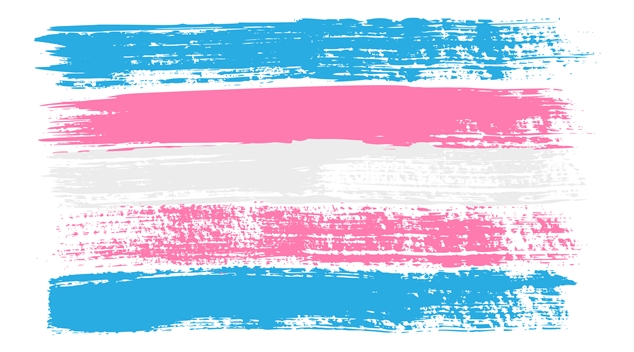The death of Rita Hester lead to Transgender Day of Remembrance
This story contains information about violence against people who are transgender.
Rita Hester was an African American transgender woman who was murdered in Allston, Massachusetts on November 28th 1998. Her violent murder has never been solved, but a memorial that took place a few days later on 4th December sparked a worldwide movement.
Highlighting that transgender women live with a shockingly higher chance of being murdered that the rest of the population, Transgender Day of Remembrance is now marked in hundreds of cities and towns around the world.

Rita Hester grew up in Hartford, Connecticut, one of five kids. Her family recalled that they had always embraced her being transgender, and she never really had a coming out moment, she’d always been very feminine and her family often used her chosen name.
In her early twenties she moved to Boston, she hung out in the cities rock scene and spent some times in gay bars and she made lots of friends. She settled in the suburb of Allston and lived in a small house.
On November 28th she had been due to meet friends at a nearby bar, but she didn’t show up. Earlier in the evening police had been called to a disturbance at her home, they arrived just seven minutes later where they found her lying on the floor suffering from multiple stab wounds.
It took almost an hour for an ambulance to arrive, and Hester later died of cardiac arrest at Beth Israel hospital. Police listed her as a male on their official paperwork, giving her the name John Doe. Police did not visit her mother to inform her of the death, they broke it to her over the phone, she was alone at the time she got the news.
Hester was just one transgender woman of several who were killed that winter in Massachusetts. Newspaper reports misgendered her, describing her as a trans man. Friends also grew frustrated at the gay community as they rallied behind the death of Matthew Sheppard who had been murdered in Laramie, Wyoming, just a month earlier – but seemed blind to the regular deaths of transgender women.
Inspired by Hesters passing Gwendolyn Ann Smith created a web project called Remembering Our Dead which tracked cases where transgender woman had been killed. The following year Transgender Day of Remembrance began.
Read a detailed report on the life of Rita Hester at NBC News.
OIP Staff
Do you need some support?
If you are struggling with anxiety or depression, support and counselling are available from:
QLife: 1800 184 527 / qlife.org.au (Webchat 3pm – midnight)
QLife are a counselling and referral service for LGBTQIA+ people.
DISCHARGED: 9364 6909 / waamh.org.au / wearedischarged@gmail.com
Discharged is a trans-led support service with peer support groups for trans and gender diverse folks.
Lifeline: 13 11 14 / lifeline.org.au
Beyondblue: 1300 22 4636 / www.beyondblue.org.au





